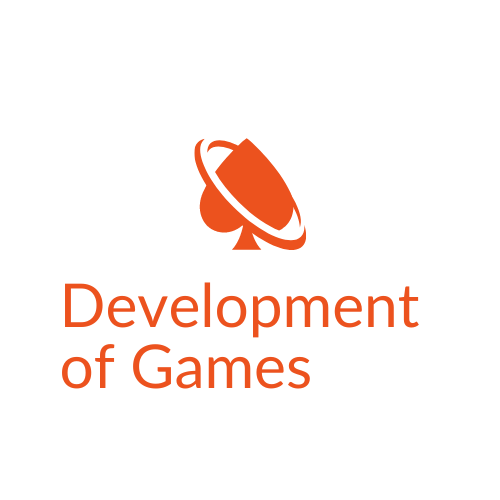Introduction: In the realm of academia, sports have long been viewed through a lens of physical education and recreation. However, a new trend is emerging that bridges the gap between sports and scholarly pursuits. Sports academics, a burgeoning field, encompasses a diverse range of disciplines, from sports psychology to sports medicine, and from sports management to data analytics. This article delves into the burgeoning domain of sports academics, exploring its significance, key disciplines, and the evolving landscape of research and education.
The Significance of Sports Academics: Sports play a vital role in society, not only as entertainment but also as a platform for social change, community engagement, and personal development. Sports academics recognize this multifaceted significance and seek to explore, analyze, and enhance various aspects of sports through rigorous scholarly inquiry. By studying sports from interdisciplinary perspectives, sports academics contribute to a deeper understanding of human performance, health and wellness, organizational dynamics, and societal impact.
Key Disciplines in Sports Academics:
- Sports Psychology: Examines the psychological factors influencing athletic performance, motivation, and mental health among athletes.
- Sports Medicine: Focuses on the prevention, treatment, and rehabilitation of sports-related injuries, as well as the optimization of athletes’ physical health and well-being.
- Sports Management: Addresses the organizational and managerial becas para deportistas aspects of sports, including marketing, finance, facility management, and governance.
- Sports Science: Integrates principles of physiology, biomechanics, and nutrition to enhance athletic performance and optimize training regimens.
- Sports Analytics: Utilizes data-driven approaches to analyze performance metrics, player statistics, and game strategies, facilitating evidence-based decision-making in sports.
The Evolving Landscape: Advancements in technology, globalization, and shifting societal norms are reshaping the landscape of sports academics. Digital innovations, such as wearable sensors and virtual reality training platforms, are revolutionizing how athletes train and compete, while also generating vast amounts of data for analysis. Moreover, the growing emphasis on diversity, inclusion, and social justice is prompting scholars to explore issues of gender equity, racial representation, and accessibility in sports.
Conclusion: As sports continue to capture the hearts and minds of people worldwide, the field of sports academics is poised to expand and evolve. By embracing interdisciplinary collaboration, leveraging cutting-edge technology, and addressing pressing societal challenges, sports academics contribute not only to the advancement of knowledge but also to the enhancement of sports performance, athlete well-being, and the broader impact of sports on society. In doing so, they play a pivotal role in bridging the gap between the playing field and the ivory tower, enriching both academia and the world of sports.
